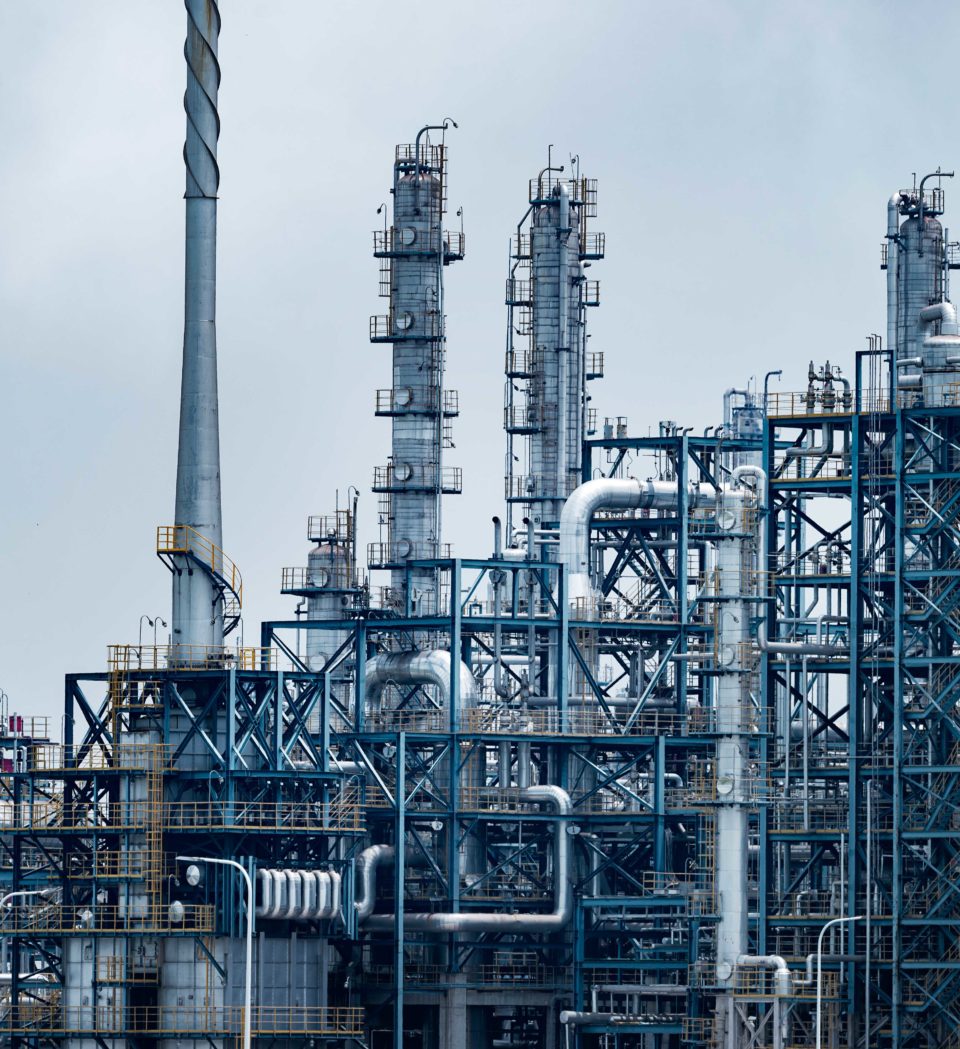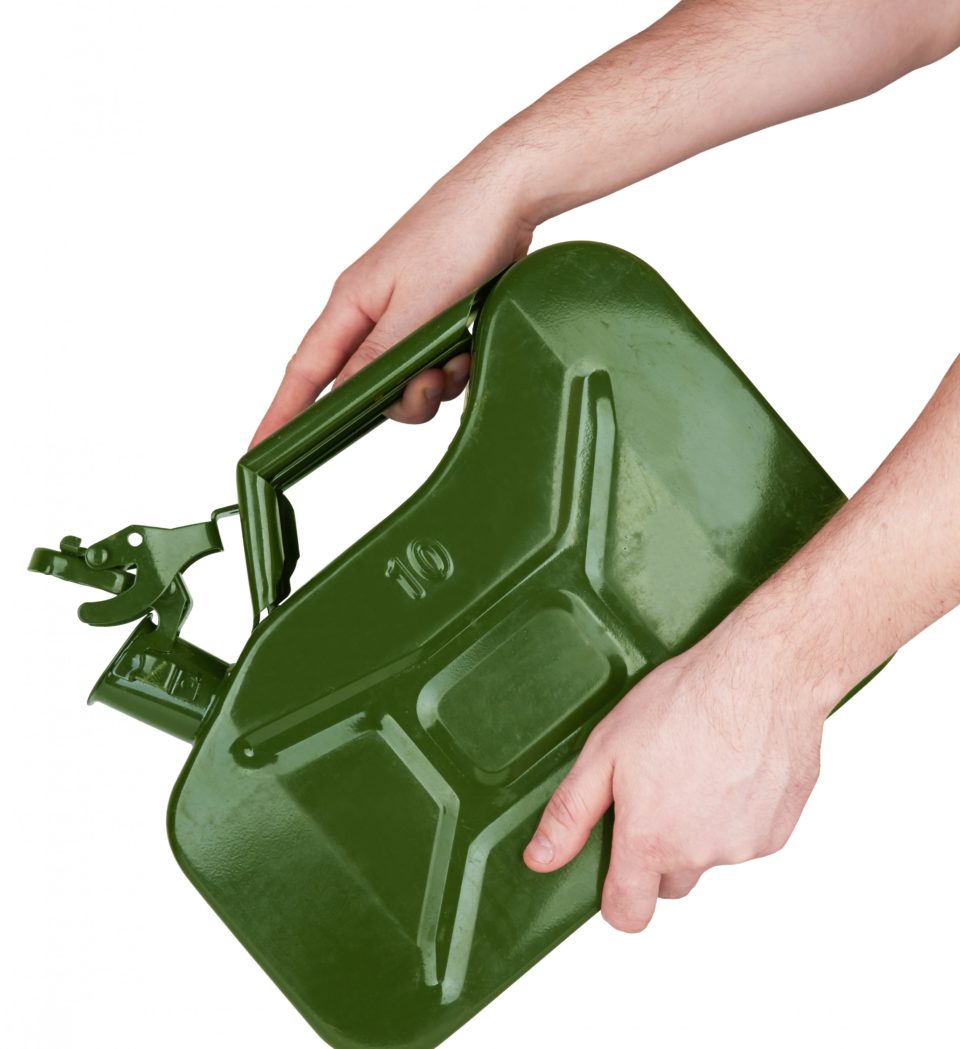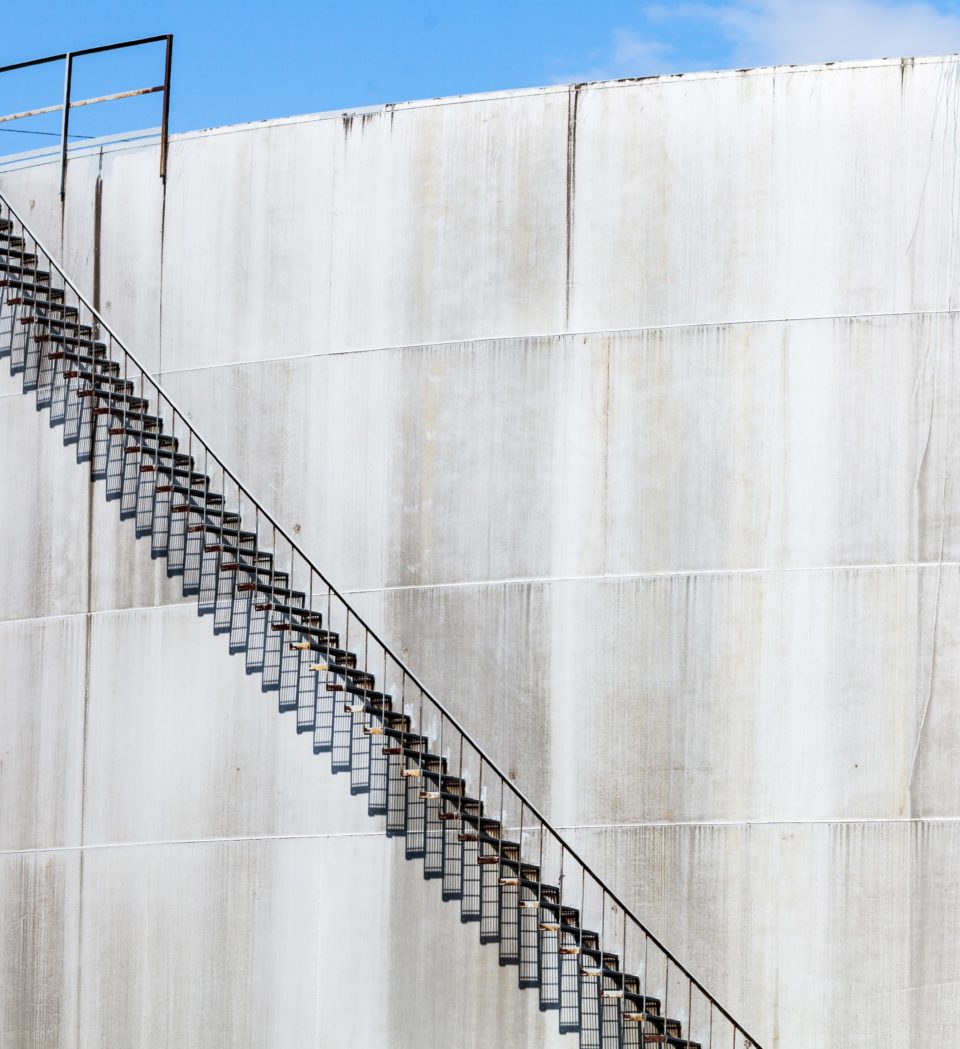
Fluid Catalytic Cracking and Hydrocracking: Making Viable Fuels from Residual Oil
Fluid catalytic cracking and hydrocracking produce a variety of heating and transport fuels including diesel and gasoline. Cracking is a secondary part of the crude oil refining process. The first step in the refining process is the separation of fossil fuel hydrocarbons. The distillation process se

What is Gasoline and How is Gasoline Made from Crude Oil
“What is gasoline?” is a question with a very short answer: hydrocarbons. “What hydrocarbons are in gasoline?” is a question that requires a considerably longer answer. Hydrocarbons constitute the majority of the substance of fossil fuels and biofuels as well. More importantly, hydrocarbons

Differences Between Diesel, Fuel Oil, Bunker Fuel, and Similarities
The differences between diesel, fuel oil, and bunker fuel are hydrocarbons. Specifically, the difference is in the size and length of the hydrocarbons in each fuel. Hydrocarbons comprise the overwhelming majority of the components in fossil fuels — and in biofuels as well for that matter. Everythi

What is in Diesel and How is Diesel Made from Crude Oil
“What is in diesel?” is a question with two answers, one very short and the other very long. The short answer is hydrocarbons. Hydrocarbons, as the name implies, are molecules made of hydrogen and carbon atom bonds. Hydrocarbons are the components of every fossil fuel — and biofuel — that ma

